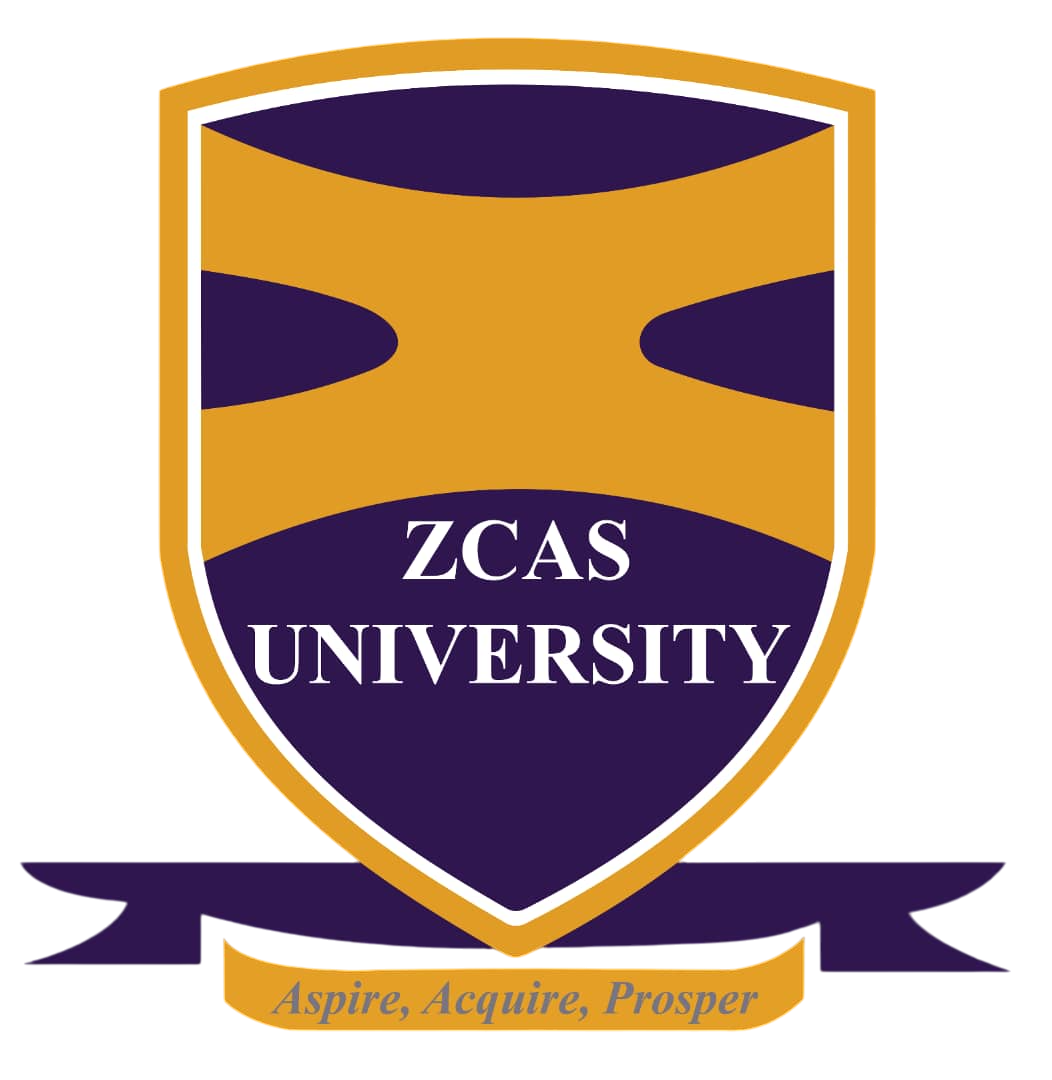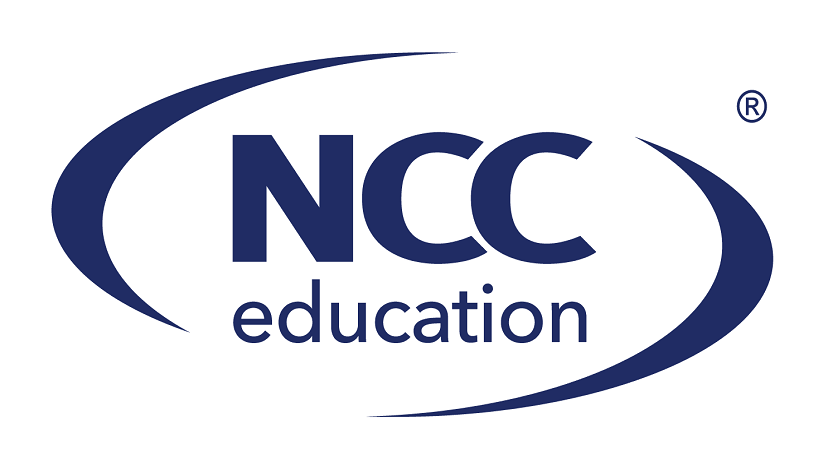OVERVIEW
The NCC Education Level 4 Diploma is an Ofqual regulated qualification. It is split into two routes, Level 4 Diploma in Computing (L4DC) and Level 4 Diploma in Business Information Technology (L4BIT). The qualification makes up the first year of the NCC Education degree journey. The qualification is equivalent to the first year of an IT degree in the UK university system.
Students will be given the opportunity to develop essential thinking and study skills, not only within the computing domain, but also within the context of business through a balance of academic and vocational subjects. The qualification will allow them to understand and enter the computing profession with the necessary knowledge expected within the industry and the ability to apply the skills to a range of IT-related functions.
ACADEMIC PROGRESSION
The qualification allows students entry to either the NCC Education Level 5 Diploma, (which is equivalent to the second year of a UK Bachelor’s degree), or the second year of many UK university degree courses, or enables you to pursue a career in the IT industry.
Progression routes can be found on our University Progression page.
DURATION OF STUDY
The course of study for the award of the NCC Level 4 Diploma in Computing OR NCC Level 4 Diploma in Business Information Technology shall be completed in a period of 1 academic year for full-time students (2 semesters) OR 1 and a half academic years for evening students (3 semesters).
PROGRAMME STRUCTURE
Students must study the following eight core units to obtain the Level 4 Diploma in Computing (L4DC):
- Skills for Computing – This module provides essential skills required by computing students. The skills taught include study, presentation, report-writing and data handling skills. It will prepare students for successful outcomes in their studies and provide them with skills that can be applied in the workplace.
- Computer Networks – This module helps students to develop a good understanding of basic theory and useful practical skills of networking and communication that are vital in today’s connected world.
- Computer Systems – This module addresses the development of practical skills in the configuration, maintenance, fault finding and trouble-shooting of modern computer systems and develops knowledge of computer architecture.
- Designing and Developing a Website – This module provides students with the practical skills required in website design such as understanding of mark-up languages, style sheets, design techniques and testing.
- Databases – This module provides students with thorough training in practical techniques for the design and development of database systems and develops a sound understanding of the underpinning theory.
- Designing and Developing Object-Oriented Computer Programmes – This module provides students with a thorough grounding in programming methods, and a detailed knowledge of developing programs using C#.
- Software Development Techniques – This module addresses the wider issues of software development together with a language-independent survey of useful data structures and algorithms.
- Office Solutions Development – This module teaches students to develop practical skills in the automation of common office applications to support a variety of tasks.
Students must study the following eight core units to obtain the Level 4 Diploma in Business Information Technology (L4BIT):
- Skills for Computing – This module provides essential skills required by computing students. The skills taught include study, presentation, report-writing and data handling skills. It will prepare students for successful outcomes in their studies and provide them with skills that can be applied in the workplace.
- Computer Networks – This module helps students to develop a good understanding of basic theory and useful practical skills of networking and communication that are vital in today’s connected world.
- Computer Systems – This module addresses the development of practical skills in the configuration, maintenance, fault finding and trouble-shooting of modern computer systems and develops knowledge of computer architecture.
- Designing and Developing a Website – This module provides students with the practical skills required in website design such as understanding of markup languages, style sheets, design techniques and testing.
- Databases – This module provides students with thorough training in practical techniques for the design and development of database systems and develops a sound understanding of the underpinning theory.
- eBusiness – This module gives students the opportunity to examine how organisations can use all aspects of eBusiness to create new products and services, reduce the cost of existing business processes and improve the efficiency of their operations using typical revenue models.
- Essentials of Management – This module covers the principles and functions of management, teaching students the key elements in planning and decision making and the significance of different controls required in an organisation.
- Understanding Business Organisations -This module provides an introduction to the objectives, roles, functions and various forms of business organisation as they adapt to a dynamic and changing environment and also considers information and technology in regards to efficiency and performance.
Year 1 Courses
| Semester 1 | Semester 2 | ||
| Course Code | Course Title | Course Code | Course Title |
| CCS141 | Introduction to Computer Science | CCS141 | Professional Ethics in Computing |
| CCS111 | Introduction to Programming | CCS111 | Introduction to Programming |
| CCS151 | Foundation Mathematics | CCS151 | Foundation Mathematics |
| CCS161 | Study and Communication Skills | CCS161 | Study and Communication Skills |
| CCS171 | Culture Studies | CCS171 | Culture Studies |
Year 2 courses
| Semester 1 | Semester 2 | ||
| Course Code | Course Title | Course Code | Course Title |
| CCS261 | Computer Networks | CCS222 | Software Development Techniques |
| CCS211 | Designing and Developing Websites | CCS212 | Design and Development of Object-Oriented Computer Systems with Java |
| CIT261 | Databases | CCS242 | Computer Systems |
| CCS221 | Office Solutions Development | CCS282 | Skills for Computing |
Year 3 courses
OPTIONAL
OPTIONAL
| Semester 1 | Semester 2 | ||
| Course Code | Course Title | Course Code | Course Title |
| CCS321 | Information Systems Analysis | CIT372 | Network Security and Cryptography |
| CIT361 | Database Design and Development | CCS300 | Project – (Finalists Only) |
| CCS300 | Project – (Finalists Only) | ||
| OPTIONAL | OPTIONAL | ||
| CIT371 | Professional Issues in IT | CCS312 | Analysis, Development & implementation |
| CCS311 | Dynamic Websites | CCS322 | Agile Development |
| CAS382 | Artificial Intelligence |
FEES
You can download this ZCAS University Fees list by clicking on the link below:
You can view the bank details here:
Course Features
- Lectures 0
- Quizzes 0
- Duration 10 weeks
- Skill level All levels
- Language English
- Students 0
- Assessments Yes




